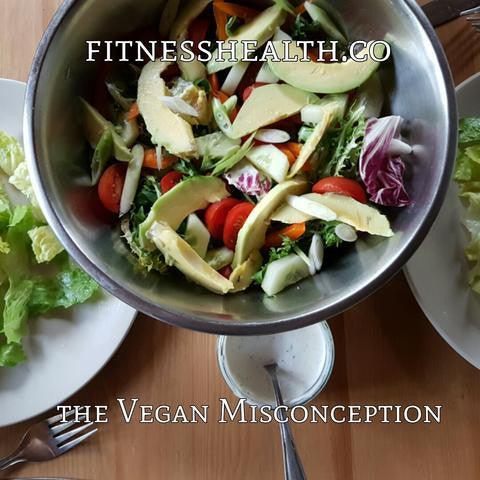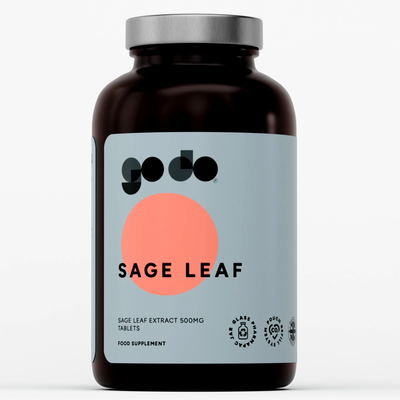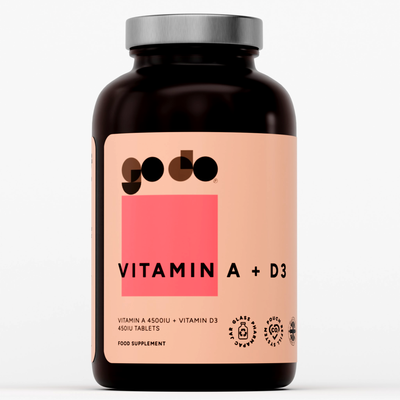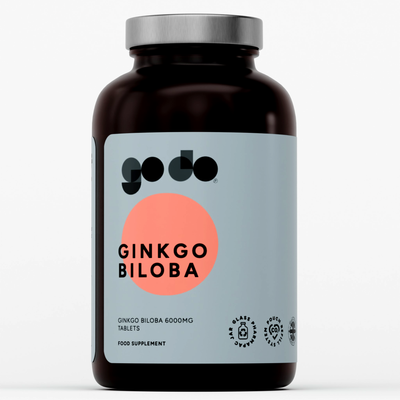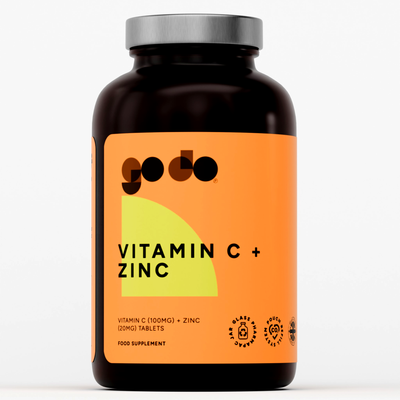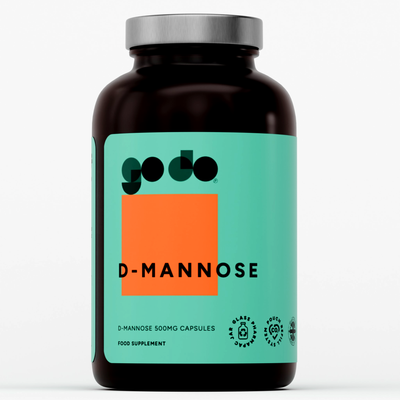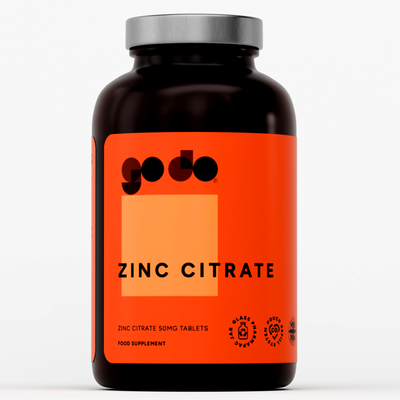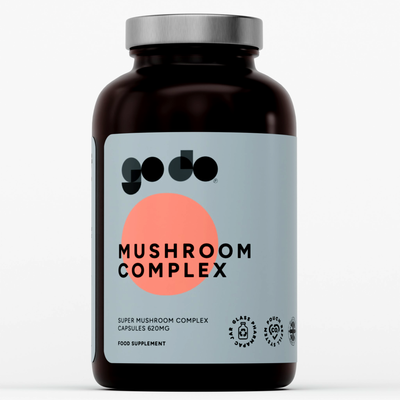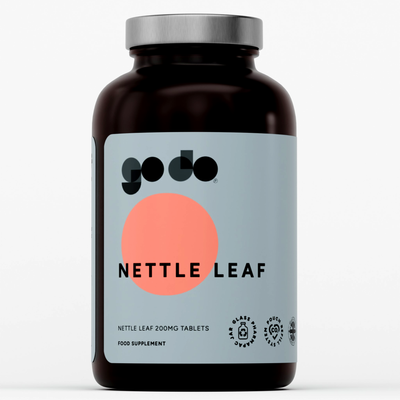
Veganism is defined as a diet that excludes all animal products. This includes all kinds of meat and fish as well as secondary animal products such as milk, cheese and eggs. Some special foods like honey are up to debate, but mostly regarded as non-vegan food.
The vegan trend is very polarizing. On the one hand, adversaries tell vegans about superior proteins, essential nutrients found in meat and how the human body is designed to digest meat. After all, we come from a generation of hunters, right? Especially in the fitness world, it is considerably difficult to get around the stereotypes of building muscle without meat or at least dairy products. On the other hand, an advocate brings up the higher nutrient density in most vegetables, good fats and fiber, environmental as well as ethical issues along with the widely known health risks associated with processed meat. A counterargument for the fitness debate is the sufficient amount of protein in legumes, grains, pseudo grains, vegetables and nuts. Let’s not forget that the generation was called hunters AND gatherers. It doesn’t have to be just one or the other.
Instead, people should focus on what’s actually behind this popular diet. You know what’s also vegan? White sugar. Wheat flour. Trans fatty acids. Potato chips. There is vegan pasta and pizza and they are rebuilding burgers with Tofu. Vegan versions of cakes or cookies exist. Ketchup noodles are vegan. The list is endless. Therefore, simply being vegan is by no means at all equal to a healthy lifestyle.
On the other hand, free range grass fed meat, wild fish, eggs and milk from organically raised animals are widely regarded as not only harmless for the human body, but actually health promoting. A better fat profile, which includes more Omega 3 and less Omega 6 fatty acids as well as an overall better nutrient profile is the effect of better stock breeding. This should be conventional wisdom, since wild animals have been part of our diet since the beginning of human kind. The only thing that has changed, is the way animals are raised and how their products are processed.
In effect, both ends of the spectrum can quickly be disproved. Eating meat or being vegan generally cannot be regarded as either healthy or non-healthy. As always in life, the truth lies in between. Reducing the consumption of processed foods both plant and meat based seems to be the common denominator with regard to obesity and overall long term health. Overeating on fresh and natural foods like vegetables, fruits and good meat is almost impossible. It’s the added sugar in a fruit salad, the pasta in Spaghetti Pesto or the wheat flour in an arugula pizza, that are detrimental to our health and make us eat more than we should. The amount of these foods in a diet regimen should be minimized if not avoided entirely. A good rule to live by is 80/20. If you manage to eat clean 80% of the time, you don’t need to feel too guilty about a treat here and then. After all, food is meant to be enjoyed. Just make sure the joy is not taking precedence over your health.
For these reasons, the decision to eat meat should be entirely based on ethics, not health. Stop hating on meat-eaters and vegans alike. Both may be doing good to their bodies. As long as you don’t see what other people are eating on a daily basis, don’t judge. Now you know.
